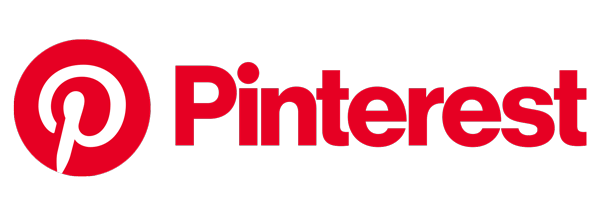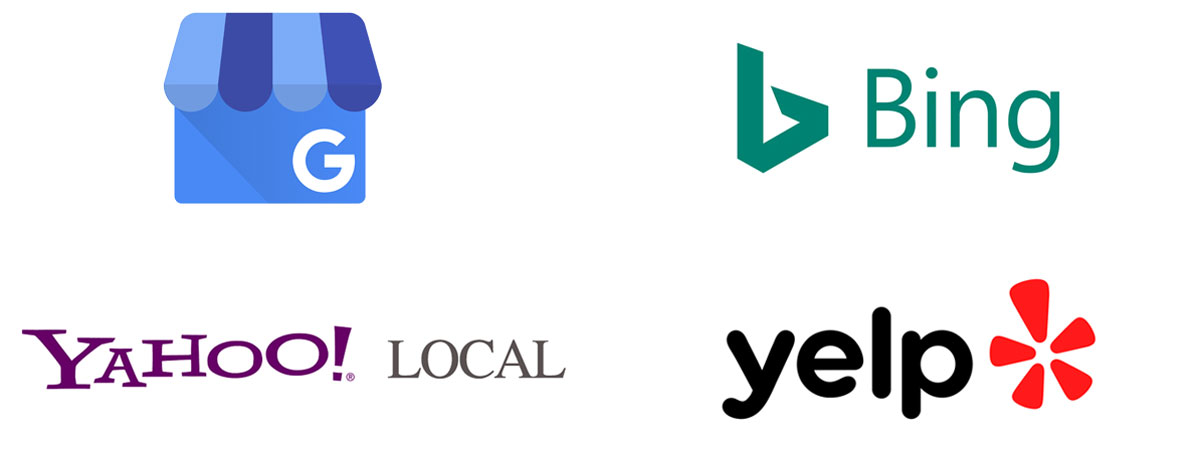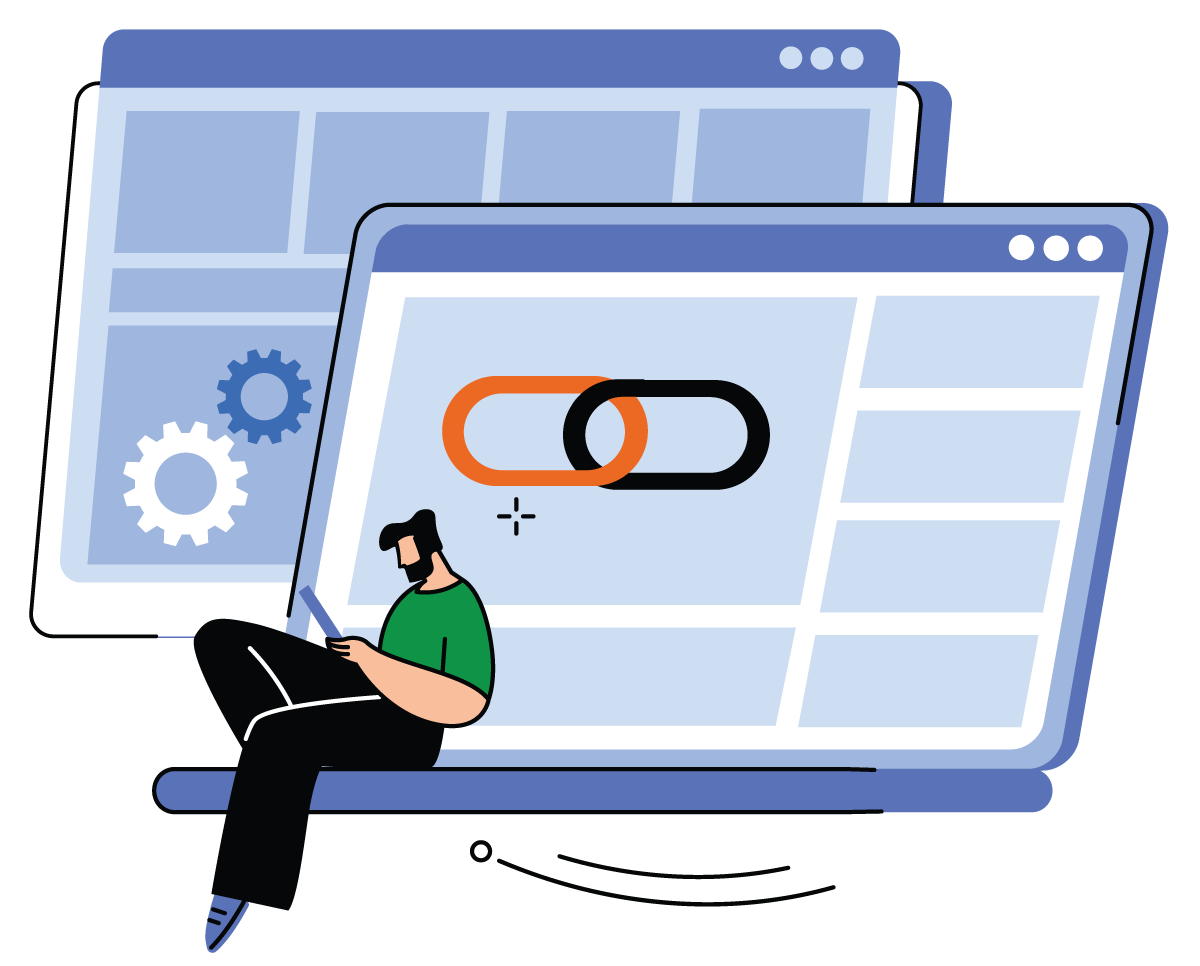Content is at the core of SEO, since Google pushes quality content. Realistically, there is an abundance of great content available today, and this number is only going up. Put simply, the days when a website could compete with great content alone are in the past. While quality content is a necessity, it will not provide you with the edge to rank number one in Google search results.
Off-page SEO refers to any work done outside your website’s domain that Google rewards. The first two steps we’ll discuss (social media and local citations) can be done easily to boost your SEO. The third (link-building) is a more difficult and time-consuming step, but can be the holy grail of SEO.
Social Media Citations
Social media citations can be done on your various platforms.








By linking your website to a social media profile page and posts, you can gain small SEO points. It is important here that the social media pages are regularly updated to build authority on that page, which can then transfer SEO value to your website.

Local Citations
Similar to social media, local citations offer free web-estate on some search engines and review-based communities. Linking your website on these can also boost SEO value as well as increase traffic.
Industry-specific listing sites that let you claim your business

Link-Building
While SEO tasks are mostly finite, link-building can be done endlessly. The process involves getting other websites to link back to your website (often referred to as backlinks). Link-building is a powerful tool in your SEO arsenal, as it tells Google that your website has value because other websites are linking back to your website.
The SEO value gained from a backlink is even greater when the website referring to your page is of high authority. High authority pages can include government pages, educational boards, financial institutions, etc. but industry-specific high DA web pages (like Hubspot, Moz, or Semrush for SEO related posts) can also provide significant value.

Of course, getting a link back from another website isn’t always easy — even less so from sites with high authority. If you’re interested in securing backlinks, think of the process as a sales pitch, where you try to convince the other party they should mention your page.
Pro Tip: Google does not give SEO value to a page that has gained backlinks through paid channels. You must ‘earn’ your links organically or through networking. In the worst case, your investment may end up backfiring on your website so beware!
Here are a few ways to earn backlinks and boost your SEO.
Guest Blogging
Write blog content for someone else’s site. They gain free content and you can include backlinks to content on your own site.
Having published a few pieces already or establishing yourself as an authority on your subject matter makes this easier.
Reviews
Offer free trials or samples in exchange for reviews of your offering that link back to your website.
Podcasts
Reach out to podcasts that cater to your target audience and offer to guest host or provide content they can discuss in exchange for links to your site in the podcast description.
Competitor Research
Use tools like SEMRush to research your competitors and who has linked to their sites. Reach out to pages with active backlinks and propose content from your site that might be relevant to them.
NoFollow, DoFollow, and Auditing Backlinks
In 2005, Google introduced the “NoFollow” attribute as a means to combat high-spam link-building activities by preventing users from manipulating SERP rankings by passing SEO value back to their own site.
This, however, meant websites were able to link externally while not passing on any SEO value. Higher authority sites like Facebook and YouTube often use this, since they do not need the small SEO value gained from providing external links and instead need to protect themselves from spammers. When you ask for backlinks, be sure that you are receiving a DoFollow (the opposite of NoFollow) link for mutual SEO value.
Pro Tip: You may want to use the nofollow attribute on some of your own external links that go to a website which do not need the SEO value or land on a page which could be vulnerable to content spam.
<a href=”https://www.example.com” rel=”nofollow”>
Occasionally auditing your backlinks is a good practice to follow as your website becomes well established, as spammy content referring back to your website can have a negative effect on your SEO score. Using the Semrush free tool, run a backlink audit to see if any domains are having a negative impact on your website. Use the Google Disavow tool (must be logged into Search Console) to remove these backlinks to keep your website from getting penalized.